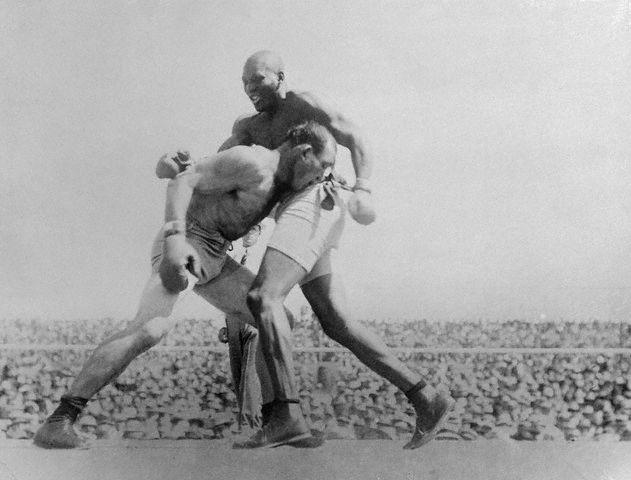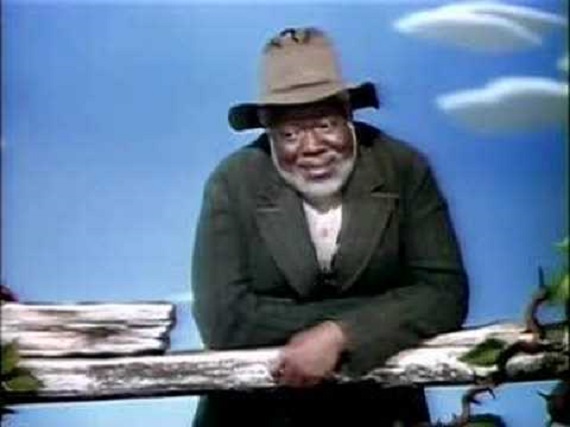This piece originally appeared in the North American Review, February 1890.
To DO justice to the motives which actuated the soldiers of the
Confederacy, it is needful that the cause for which they fought should
be fairly understood; for no degree of skill, valor, and devotion can
sanctify service in an unrighteous cause.
We revere the memory of Washington, not so much for his achievements
in arms as for his self-abnegation and the unfaltering devotion with
which he defended the inalienable rights of the people of all the United
States. This made him first in peace, first in war, and first in the
hearts of his countrymen, and for this the great English poet wrote:
“But one were worthy of the name of Washington.” Yet he was what no
Southern soldier in the War Between the States could, with truth, be
called–a rebel–and, without much extravagance in the figure, was said to
have fought the battles of the Revolution with a halter round his neck.
Had there been no inalienable rights, or had they not been violated, he
could not rightfully have been absolved from his allegiance to the
crown, or conscientiously have felt that he had not broken his faith as
subject to the lawful powers of the British Government, in taking up
arms against it.





